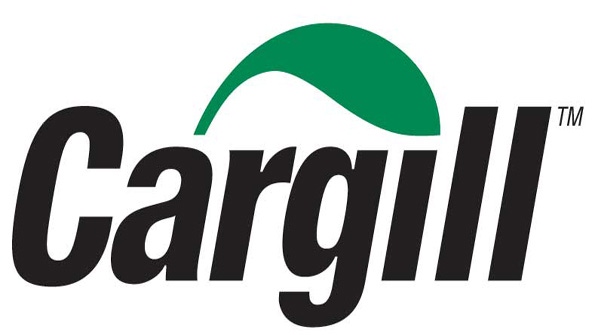Several more years of development needed before breakthrough technology will be in consumer product marketplace.
May 13, 2020

An innovation developed in the corporate labs at Procter & Gamble (P&G) that converts lactic acid into bio-based acrylic acid could be a helpful step to shift everyday goods to be made from annually renewable crops.
P&G has granted Cargill an exclusive license that allows Cargill to further develop and commercialize this technology so it can ultimately be incorporated in a range of applications, from super-absorbent polymers in absorbent hygiene products to thickeners in household paints and beyond.
The use of bio-based acrylic acid is estimated to reduce greenhouse gas (GHG) emissions and contribute to greener products for years to come ��– something that is important to a range of stakeholders, including consumers and business leaders.
P&G scientists were recently announced as winners of the American Chemical Society 2020 Award for Affordable Green Chemistry for this groundbreaking proprietary technology. While the conversion technology is considered a breakthrough, it will take several more years of development before it can have an impact on consumer products in the marketplace.
“This new technology demonstrates that we can leverage the best materials science with new bio-based solutions to deliver sustainable innovation in consumer goods production. By investing in advancing bio-based solutions, we can and will help reduce the carbon footprint of various industries. This is consistent with P&G’s stated Ambition 2030 sustainability goals to look to new renewable sources of raw materials for conversion into everyday products,” said Dr. Annie Weisbrod, principal scientist of environmental stewardship and sustainability at P&G.
Asheesh Choudhary, global business development director for Cargill’s bioindustrial business, said manufacturers and brand owners have been seeking viable pathways to bio-based acrylic acid to reduce the environmental impact, and P&G’s conversion technology brings the company closer to a solution.
“We are thrilled that P&G granted Cargill an exclusive license to this technology that converts lactic acid into bio-acrylic acid,” said Dr. Jill Zullo, strategic marketing and innovation leader for Cargill’s bioindustrial business. “By using annually renewable crops, we’ll be able to contribute to farmer prosperity while delivering more renewable solutions that are estimated to have less than half the GHG footprint versus the petroleum-based equivalent.”
You May Also Like

.png?width=300&auto=webp&quality=80&disable=upscale)

